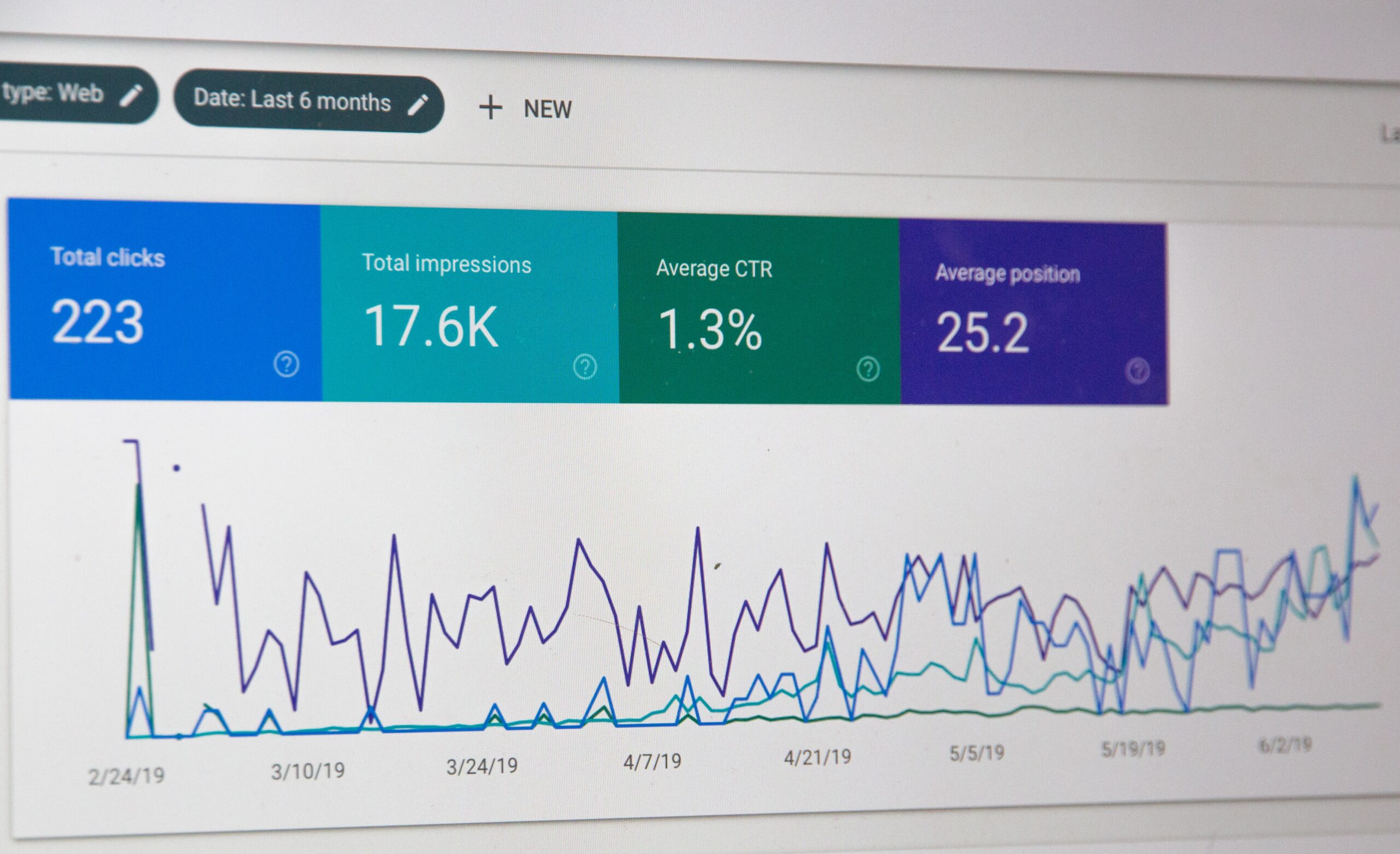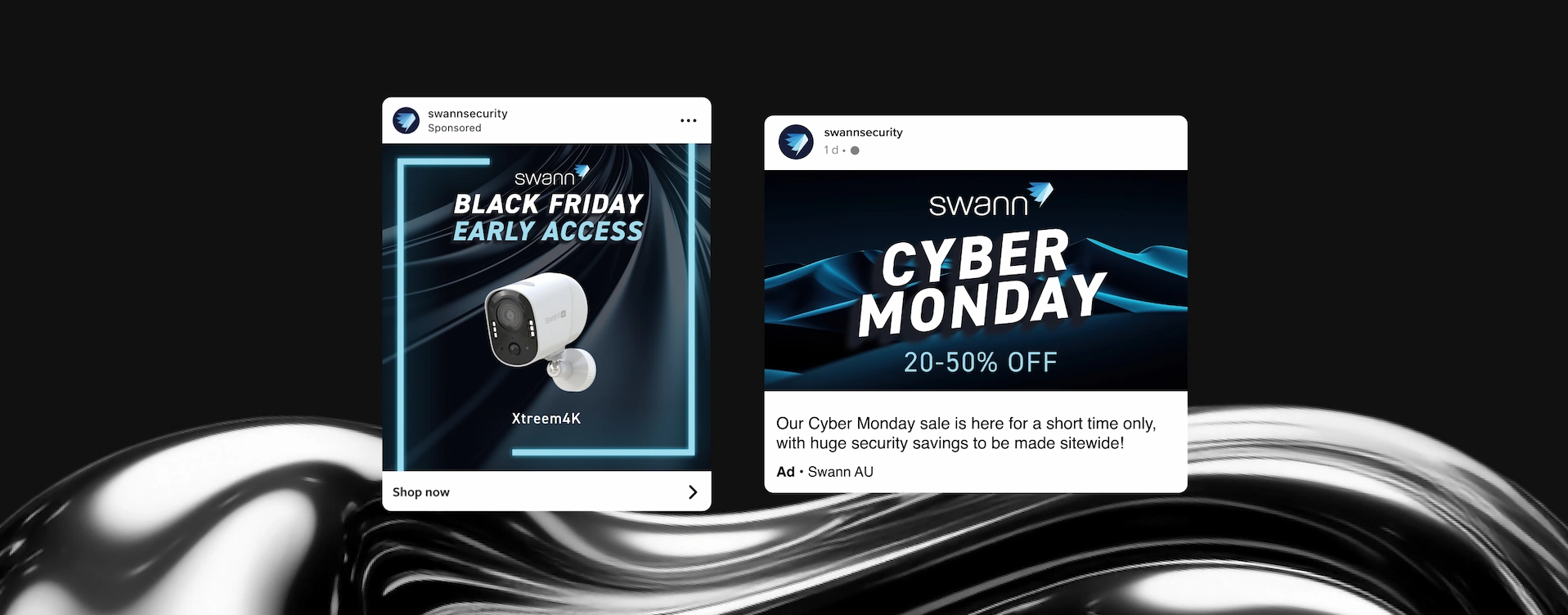Beyond keywords – better SEO includes off-page and technical tactics
What is SEO?
“SEO (Search Engine Optimisation) is the process of affecting the visibility of a website/webpage in a web search engine’s unpaid results.” – Wikipedia
SEO done well means that when someone types a relevant search term into Google, your site ranks highly.
Types of SEO
When people think about SEO there’s the misconception of a very specific kind of optimisation involving keywords inserted into headings and website copy. And, yes, keywords are an important factor of SEO, but there’s more to it.
To get as much traffic to your site as possible, you need more than on-page SEO. Here’s a brief explanation of the three types of SEO that we focus on at Rock Agency:
On-page SEO
On-page SEO essentially refers to the ‘searchability’ of your on-page/visible content – it includes the words/copy on your site, and the HTML tags that are attached to other content elements such as headlines and images.
Effective on-page SEO is built on high-quality, informative content. It’s important because it helps search engines (Google) ‘read’ and understand who you are and what you do in order to identify whether those things are relevant to a searcher’s query. And, if they are – your site appears (hopefully at, or near, the top of the page).
Off-page SEO
Off-page SEO, on the other hand, covers all the SEO tactics that take place outside of your own website; telling Google what others think about your site.
The most prolific off-page technique is ‘link building’, which refers to the process of establishing links to your website from external sites. Links are like votes showing Google that other people around the internet value your content, and that your site is authoritative. Links that you didn’t have to go after are the gold here – editorial or press links, customer blogs, reviews put you in a great place. They help search engines assume you’ve got great content – the type that provides value for users, which, in turn, ranks you higher in search results.
Other off-page SEO tactics include content marketing, social media, appearing on podcasts, landing reviews, building local citations, and more.
Technical SEO
Technical SEO, in short, is related to on-page factors but has to do with things that go on behind the scenes. This involves indexing, rendering, and making the website easier to crawl and any other improvement that boosts site visibility.
For example, search engines may give some preference to sites with a responsive design that scales well to mobile devices. Page speed, too, is a critical part of technical SEO.
Optimising images, using robot.txt files, canonical tags, securing HTTPS connection, caching information to speed load times, uploading detailed sitemaps, and other technical factors can help your SEO.
What it means for your business
Simply put, a multifaceted approach to SEO brings better search rankings. While factoring in keywords (on-page tactics) will get certain businesses so far, if you’re in a competitive market you’ll need to dig deeper.

The benefits of SEO with Rock Agency
Yes – we do have an SEO and digital marketing specialist in our team. Even though we don’t brand ourselves as a specialist SEO agency, we still do specialist SEO work. But, our process is different – we also believe better; and it is definitively more affordable.
When warranted, we research competitors (and the keywords they’re ranking for) before even beginning the website creation process. This type of SEO research also enables us to look into highly-ranked competitors to discover why. It often comes down to information architecture – the way a site is organised, and what the pages are called. A well thought-out structure and clear pages that connect to common ‘human-centric’ search terms get the best results.
So, even before we get to the way a site looks, designing the information architecture (the framework) of the site is a direct result of thorough SEO research. From this example alone, you get an idea of how ineffective tacking on SEO at the end of the process can be – and yet it is the more common approach.
Though we’re deeply committed to creating beautiful websites, Rock’s strategy-first approach ensures better business outcomes… every time.

